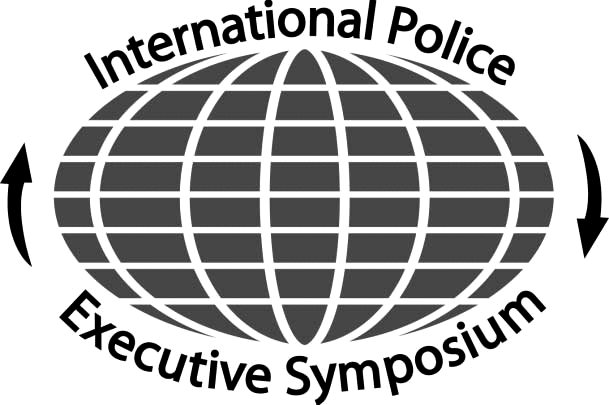Every year the Board of Editors of PPR recognizes the best paper as well as the runner-up for the previous volume by certificates as well as cash prizes. A committee of Five Editors evaluate the papers using the following criteria:
| (a) | New Findings: To what extent does the manuscript provide new data and/or important findings in the field? | ||||
| (b) | Best Methods: To what extent is the research method(s) well designed and best suited for the research purpose, as proposed? | ||||
| (c) | Utility to Police: To what extent is the manuscript useful to the police profession and/or police practitioners, in policy or practice, for management and operations? | ||||
| (d) | International Appeal: To what extent does the manuscript relate to an important international issue or audience? | ||||
| (e) | Contribution: To what extent does the manuscript make important and lasting contributions to the study of policing as an academic field, theoretically, methodologically or empirically? | ||||
Best paper award evaluation results
The winners were:
First place:
Cole D. J. Heffren, & Peter A. Hausdorf. (2016). Post-traumatic effects in policing: Perceptions, stigmas and help seeking behaviours. Police Practice and Research, 17:5, 420–433.
The runner-up:
Olga Semukhina. (2016). Public assistance of police during criminal investigations: Russian experience, Police Practice and Research, 17:3, 229–248.
According to the judges, the best paper was theoretically, methodologically, and empirically sound.
The findings in this study will certainly impact policies dealing with PTSD within policing, an area that has received attention from researchers, but this study clearly contributes to our understanding and importantly, takes a step further in suggesting potential policy changes. The judges considered it timely and critically important. The second place paper which deals with attitudes of public cooperation toward the police is of interest not only to police reform efforts in Russia, but has implications for policing everywhere. Research that furthers our understanding of public trust in the police, in various contexts, makes an important contribution. The study was judged methodologically sound with a thorough literature review and interesting results.
The announcement of the winners is made during the Academy of Criminal Justice Sciences (ACJS) Annual Meeting through flyers and posters, as well as a reception. A copy of the flyer widely displayed in the ACJS (Kansas City, 21–25 March 2017) is seen at the back of the issue.
It is hoped this recognition helps PPR attract current and innovative police research as well as operational and innovative police practices from around the world. Should we look at the current issue to reflect how PPR’s tradition of the Best Paper Award and as well as other things we do with passion and fervour contribute to the journal’s ability to present diverse research from all parts of the globe? In this issue, 18.4, the topics researched and presented are (1) effective approach to domestic violence and (2) reducing fear of crime (Australia); (3) influences of community variations in police organizational behaviors and practices (USA); (4) unexpected adverse effects on public attitudes by wide distribution of images by police organizations (Canada); (5) questions about sustainability of Hot Spots Policing (UK and Israel) and (6) limited effectiveness of pepper spray (Sweden).
My heartfelt gratitude goes to our managing editor, Dr Melchor C. de Guzman, for chairing the best paper award committee. The following members of the committee, who are likewise editors of PPR, are also recognized for their contributions and service: (1) Mark E. Correia, (2) Todd Wuestewald, (3) Susan Sim, and (4) Etannibi E.O. Alemika.
Edited at the Office of the International Police Executive Symposium. IPES. www.ipes.info

Editor-in-Chief, PPR
Founding President, IPES, www.ipes.info
[email protected]
